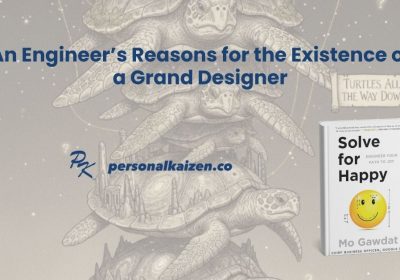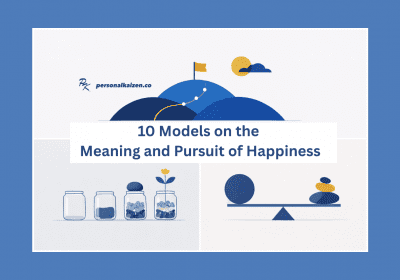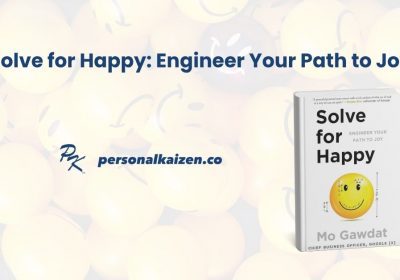Fasting is the abstinence from food and/or drink for health, ritualistic, religious, or ethical purposes. The Personal Kaizen team is studying fasting as means to a longer, healthier life. Here is a short introduction to fasting and its benefits.
Some believed benefits of fasting include:
- Anti-aging effects
- Lowered risk of chronic diseases
- Improved sensitivity to insulin
- Weight loss
- Lower blood pressure
- Increased cancer treatment efficacy
Our next post will cover these benefits in detail. For now, we will provide an education on the basics of fasting, reasons for fasting, and types of fasting.
Reasons for Fasting
Common reasons people chose to fast include:

Religious Fasting
Many religions include the practice of fasting. Muslims refrain from eating or drinking during daylight hours during Ramadan. Some Christian denominations practice fasting during certain times of the year. Fasting is typically practiced by Buddhists during times of meditation.
Fasting for Weight Loss
Regularly skipping meals and abstaining from eating reduces your caloric intake and will lead to weight loss. Some studies have shown intermittent fasting to work well when people are obese or diabetic. Unfortunately, many methods of fasting, like diets, only result in temporary weight loss and then regaining the weight (and maybe more) when you return to a regular routine.

Fasting to Prepare for a Medical Procedure
Certain surgeries and exams require the patient to go without food for a period of time.
Fasting to Save Time
Some people skip breakfast every day as a scheduling choice – because they don’t want to make the time. Skipping a meal doesn’t count as fasting unless you cut out all calories. Many people who skip breakfast end up drinking a cup of cream and sugar with some coffee instead. This is not fasting.

Fasting for Cleansing and Detox
Some popular detox diets include juice or smoothie diets, the lemon water detox, and colon cleanse.
Fasting for Self-Control and Mastery
Some people chose to fast as a test of willpower and mastery. There is a sense of satisfaction when you delay gratification and exert some control over your body and choices.
Fasting to Live Longer
Emerging science is proving the benefits of fasting on your longevity. This is Rule 2 of the Personal Kaizen 10 Rules for Life and the primary reason we are focused on sharing the practice of fasting with our community. We will share more about the mind and body benefits in a separate post.
Types of Fasting
There are many different ways to enjoy the benefits of fasting. Here are some of the most common types of fasts to consider trying:
16 / 8 Intermittent Fasting
This fast involves only eating during an eight-hour window every day. Most people do this by eating a normal dinner (before 8 PM) and then having no food until Noon the next day.

Whole day Fasting
Some people limit their food intake to a single meal per day and then fast for approximately 24-hour until their next meal. Harvard Medical School Professor David Sinclair studies the effects of aging in humans and personally practices whole-day fasting.
5:2 Fasting
The book The Fast Diet made this a popular method of fasting. The idea is to eat normally for five days every week and then limit your diet to 500 calories per day for the other two days.
Based on my research of fasting I would consider occasionally restricting calories to be a diet, not a fast. The restricted calories can help you burn some fat, but likely will not promote any of the longevity reasons for fasting.
3-day and 7-day Fasting
Multi-day fasts appear to have beneficial impacts on living longer. Unfortunately, there is little commercial interest in proving and sharing these benefits so we have to put the pieces together ourselves.
Who shouldn’t be fasting?
Intermittent fasting for up to 3-days is safe for most healthy people. People who should not fast (at least without first consulting a doctor) include:
- Anyone who is sick (get well first!)
- Women who are pregnant or trying to get pregnant
- Woman who are breastfeeding
- Anyone with a history of eating disorders
- People with a chronic disease, and especially heart problems
- Children and the elderly
Personal Kaizen Experience with Fasting
We are going to share some of the emerging science around the benefits of a multi-day fast and experiment with a 3-day fast in the upcoming weeks.
Our goal of fasting is to maximize the health and longevity benefits while minimizing pain, discomfort, and impact on our work and home life. We are designing a fast that we hope will meet this goal. Check in over the next few weeks as we share our fasting plan and the results we experience (positive, negative, and humorous).




